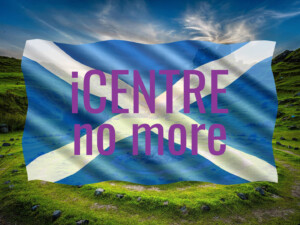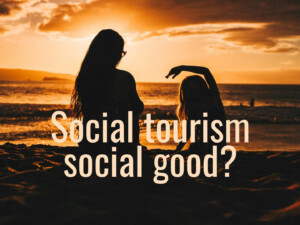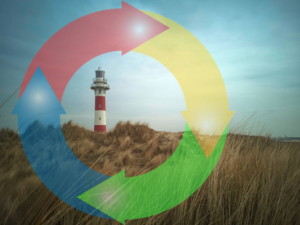How “Feel Good” positions, promotes Germany as a sustainable tourism destination
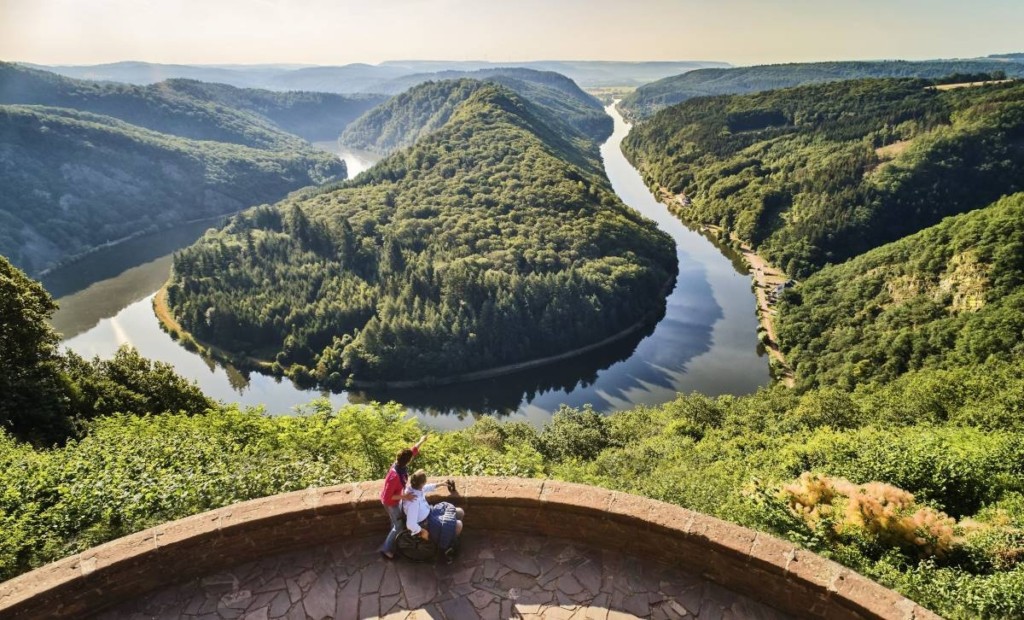
As Innovations Manager for the German National Tourist Board, Olaf Schlieper is the chief scout for issues and trends in travel & tourism. One area he is particularly interested in is sustainability. In this “Good Tourism” Insight, Mr Schlieper gives us an idea as to why and how Germany is positioning itself as a sustainable destination.
Transforming tourism in a sustainable way is one of our sector’s greatest challenges. Sustainability is seen by many countries as an important competitive factor without which tourism has no future.
For many sophisticated and experienced travellers — more now than ever before — sustainability is seen as an indicator of quality that they cannot do without. Sustainability, for them, is the most important criterion in their decision-making process for their accommodation, excursion, tour, or whatever tourism product. Accordingly, destination marketing campaigns targeting these travellers must reflect the environmental and social qualities (and quality) they seek.
Throughout this coronavirus crisis, all travellers — experienced and prospective alike — must sorely miss what once they may have taken for granted. They may now spend even more time thinking about the quality, reliability, regionality, authenticity, enjoyment, and overall sense of well-being embedded in the responsibly-produced products and experiences that they crave.
Pre-pandemic studies had shown that most travellers would prefer sustainable travel products. But it was never easy for them to find convincing offers in this segment. There were, and still are only a few reference sites or booking platforms that provide sufficient reliable information on sustainable products.
Furthermore, it is difficult for many prospective travellers to evaluate sustainable offers and distinguish between them in terms of their quality. This is complicated by clichéd misapprehensions they may have, such as “Sustainable products are more expensive”, or “Sustainable products offer lower levels of service and comfort”.
Our feel-good solution
For many years now, the German National Tourist Board (GNTB) has been committed to the various aspects and challenges of sustainability. These range from accessibility for the differently-abled to climate-friendly transport to gastronomy. So there are already many high-quality sustainable tourism products available in Germany.
To make these more visible, the GNTB has launched a new microsite on sustainable tourism called “Feel Good”, which is designed to make the abstract topic of sustainability more tangible for anyone interested in Destination Germany.
It’s “Feel Good” because its communication is focussed on values important to the customer. And rather than pointing fingers, the tone of the content guides and demonstrates and shows users that sustainable tourism is associated not only with quality, but also with enjoyment and an overall “feel-good” factor.
Apart from that, “Feel Good” promotes products that have positive ecological, economic, and social effects; those that are exemplary “beacons of sustainable tourism”. Featured products — regions, cities, transport, experiences, and accommodation — have been selected by GNTB in collaboration with regional marketing organisations and sustainability specialists. There is also a section, “Our special FeelGood tips”, that contains additional suggestions for a sustainable holiday.
Certification programs offer a useful yardstick in this respect. For the customer, however, the variety of such seals and schemes is confusing: What do the seals check? How do they differ? Which of the seals are credible? Together with experts, the GNTB has therefore created the “green travel map” for Germany. It is based on a quality selection of sustainability certificates.
Customers, tour operators, journalists and others can find sustainable tourism products and offers with just a few clicks. They include a wide range of accommodation — from eco-camping to high-class hotels. The featured stock on the website is not fixed, but can grow as soon as new exemplary products become known and meet the quality criteria.
In addition, content will be supplemented by videos about people passionate about sustainability. We will produce films about 16 people, including:
- The director of the Klimahaus (climate house), where one can learn a lot about the different climate zones on earth and the (negative) influence of human beings on nature and culture/traditions;
- MOIA in the city of Hamburg, the ride sharing service with a brand new accessible electric van which they developed together with their clients;
- Rangers of national parks;
- Owners of sustainable hotels and restaurants; and
- Tour guides who specialise in sustainability, et cetera.
These films will enrich the content of the site and make it even easier to understand what sustainability is about, why it is important, and how it can make travellers “FEEL GOOD”!
“Feel Good” will be promoted extensively and intensively via social media, newsletter, and cross-media campaigns, thereby embedding sustainability even deeper into the brand essence of Destination Germany.
Featured image (top of post): Couple at an accessible viewpoint overlooking Saarschleife (Saar Loop) in the German region of “Saarland”, which is certifiably sustainable. Image by Jens Wegener; supplied by GNTB.
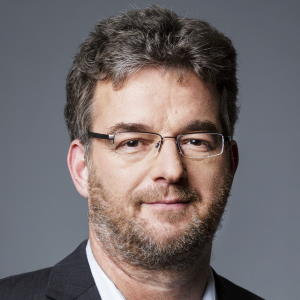
About the author
Olaf Schlieper has served the German National Tourist Board as Innovations Manager since 2013. In that role he is responsible for scouting trends and developing strategies for the sustainability and accessibility of Destination Germany, including the development and promotion of tourism products in collaboration with German travel experts. Organising “Accessible Tourism Day” at ITB Berlin is a responsibility of which Olaf is particularly proud. Before being appointed Innovations Manager, Olaf served GNTB in media management and online marketing roles.




